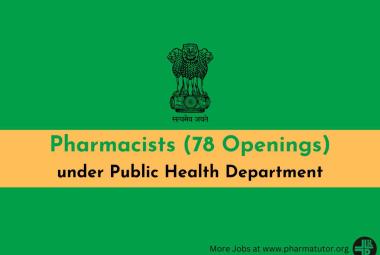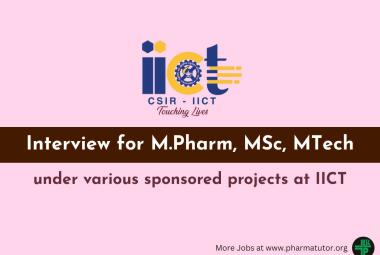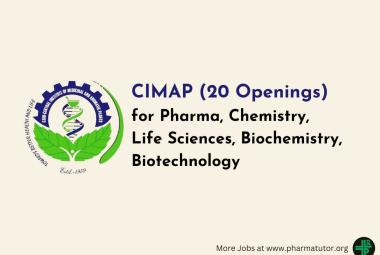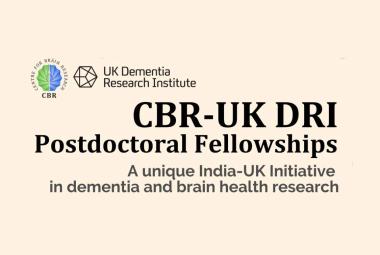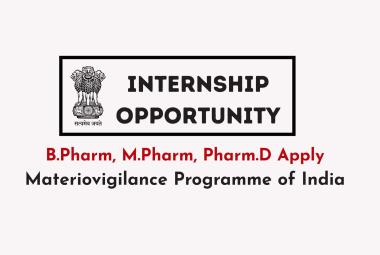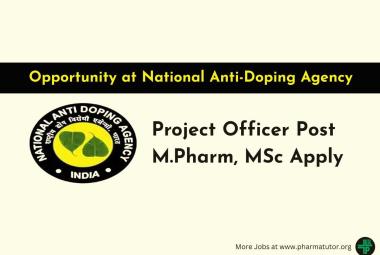Job for B.Pharm / M.Sc as Production Executive at HLL Lifecare Limited
HLL Lifecare Limited, a Mini Ratna Central Public Sector Enterprise under the Ministry of Health & Family Welfare is a global provider of high quality healthcare products & services. Retail Business Divisions and Healthcare Services Division of HLL Lifecare Limited, has setup AMRIT Pharmacies and HINDLABS respectively across Assam state for which the company is looking for dynamic and performance driven professionals for the following position on Fixed Tenure Contract basis.
Post : Executive (Production)



